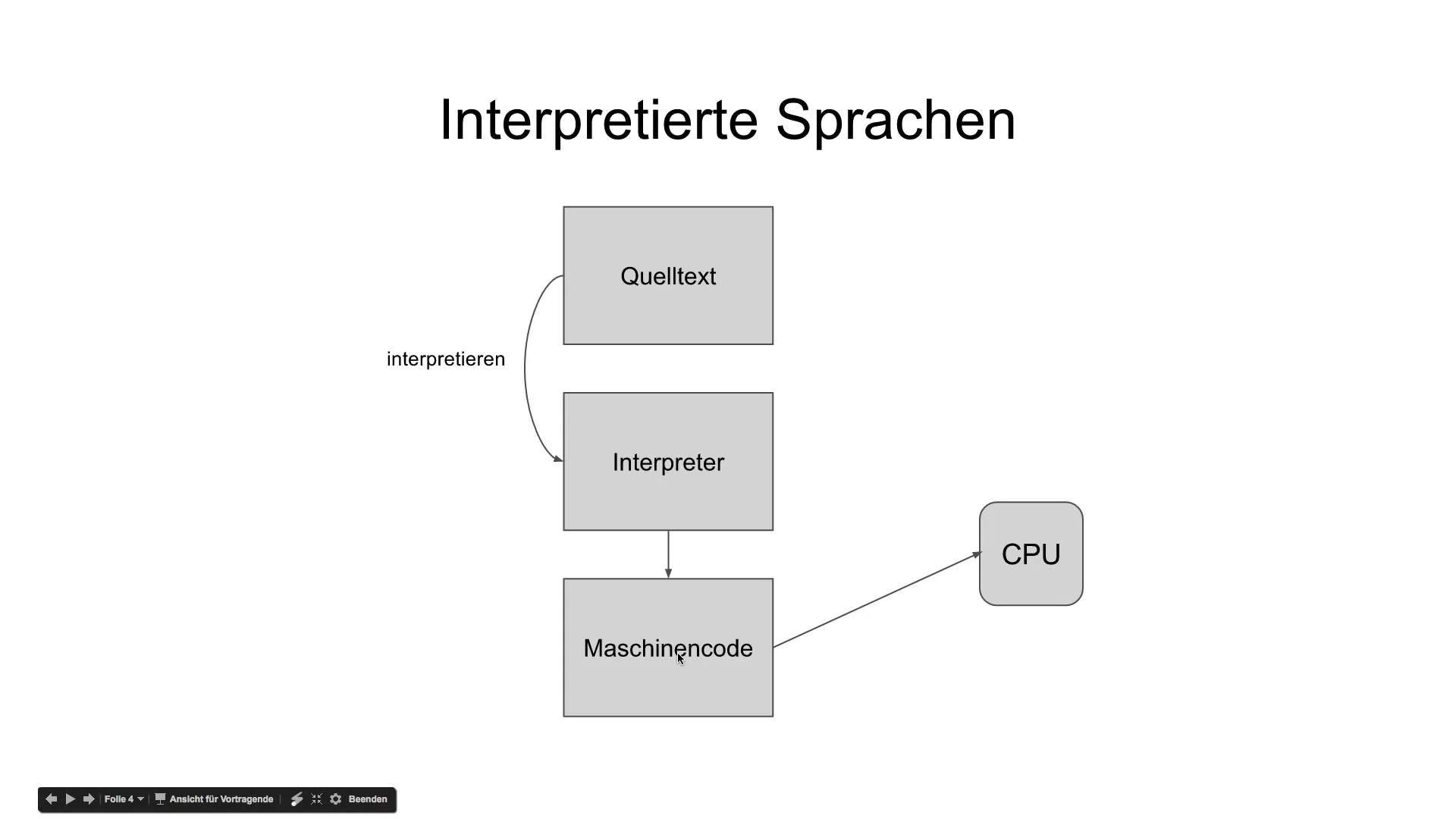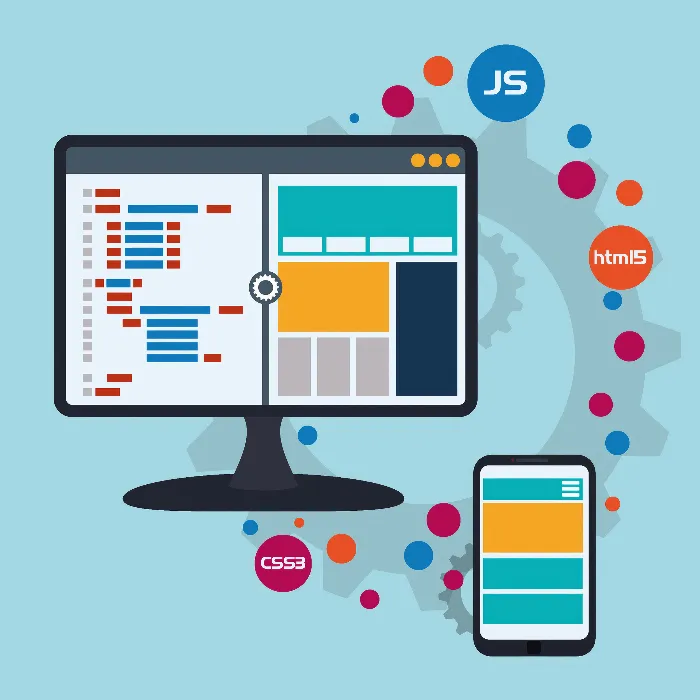Compiled and interpreted programming languages play a crucial role in software development. Each of these concepts brings its own advantages and disadvantages that are important for you as an aspiring programmer to choose the right language for your project. In this guide, you will learn everything essential about the differences between these two language types and their respective workflows.
Main Findings
Compiled languages, such as C or C++, are converted into machine code that is directly understood by the CPU. This enables faster execution but requires a compiler and a longer development process. Interpreted languages, such as JavaScript or PHP, on the other hand, are processed by an interpreter, which allows for a faster feedback loop during development but brings potential performance drawbacks.
Step-by-Step Guide
Overview of Compiled Languages
In a traditionally compiled language like C or C++, you interact with the source code to create functions, methods, and variables. You need to compile the source code into machine code with a compiler. This results in binary code that can be executed by the CPU.

The entire workflow starts with writing your source code. After programming, you must compile your changes to create a new version of the program. The generated machine code is then converted into an executable file that interacts with the operating system.
Workflow of Compiled Software
The typical process looks like this: You write the source code, compile it, and create an executable file. With this file, you can test your program. If everything works, you achieve your goal.
If something does not work, you start the process again. You must go back to the source code, make changes, and then compile again.
Introduction to Interpreted Languages
Interpreted languages, such as JavaScript or PHP, work slightly differently. Here, the source code is not converted into machine code beforehand, but is processed directly by an interpreter. There are programs that are compiled into machine code first, and these act as interpreters.

The interpreter interprets the source code in real-time when you execute it. There is an additional layer that simplifies the workflow. You can edit the source code and test it directly in the browser.
Advantages and Disadvantages of Interpreters
An important advantage of interpreted languages is that you can test and develop faster. When working on larger projects, the development workflow appears straightforward. You write your source code, save it, and can immediately access it in the browser.
However, this also means that there are certain performance drawbacks. While in compiled software each step from compilation to generating machine code leads directly to execution, this step is omitted in interactive programming languages. Therefore, efficiency and performance considerations must be taken into account.
Examples of Different Languages
JavaScript is a classic example of an interpreted language. It runs directly in the browser and allows for interactive web development. On the other hand, languages like Java or C# are considered compiled languages. These must be compiled first before they can be executed.
Summary - Software Programming for Beginners: Compiled and Interpreted Languages
In summary, compiled and interpreted languages offer different approaches and advantages in software development. While compiled languages generally provide better performance, interpreted languages allow for faster testing and more flexible development.
Frequently Asked Questions
What are compiled programming languages?Compiled programming languages are converted into machine code that is directly understood by the CPU. Examples include C, C++, and Java.
What are interpreted programming languages?Interpreted programming languages are processed by an interpreter that interprets the source code during execution. Examples include JavaScript and PHP.
What advantages do compiled languages offer?Compiled languages usually provide faster execution and better performance.
What advantages do interpreted languages offer?Interpreted languages allow for a faster development and testing environment since they do not require a compilation process.
Are compiled languages always faster than interpreted languages?Generally yes, but the actual performance depends on the implementation and the specific use case.


